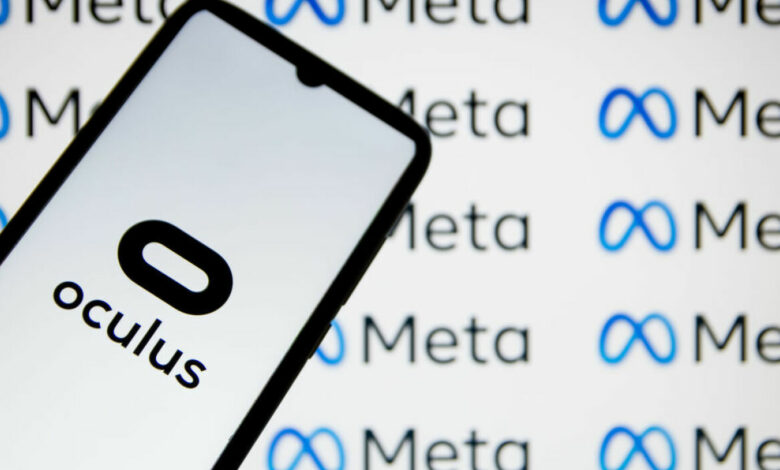
The latest round of government probes into the company now known as Meta actually centers on Oculus, its VR hardware and software subsidiary, per Bloomberg. The FTC along with the state governments of New York, North Carolina, and Tennessee have spoken to VR developers about alleged antitrust violations.
Put simply, there are concerns that Oculus is kneecapping third party VR app developers and undercutting competing VR hardware. The latter is easy enough to explain; the Quest 2 headset is a steal at just $299 without any requirement for a powerful PC. Other high-end headsets like the Valve Index cost hundreds more and are basically paperweights without a sufficiently beefy gaming PC.
Bloomberg’s report doesn’t get into how Oculus could potentially suffer consequences for its prices, but it’s worth pointing out that competitive pricing by itself is not an antitrust violation. The FTC’s website states that it would be problematic if “below-cost pricing allows a dominant competitor to knock its rivals out of the market and then raise prices to above-market levels for a substantial time,” but also acknowledges that such a phenomenon is unlikely.
As for the app concerns, developers told Bloomberg that Meta had essentially shut down third-party Oculus apps with appealing features and then launched its own takes on those ideas later on. One example given was Yur, a company that made an Oculus fitness tracker that was subsequently disabled from working within Oculus games and made somewhat obsolete by the first-party Oculus Move function.
This probe is seemingly still in its early stages, so it may be a while before anything comes out of it, if anything comes out of it at all. At this point it’s mostly noteworthy as the latest in a long list of government looks into Meta’s operations. Just in the past 12 months, Meta has faced an investigation for racist hiring practices and been the subject of a Senate hearing over knowingly fostering misinformation on Facebook.
So far, that new name hasn’t changed much.